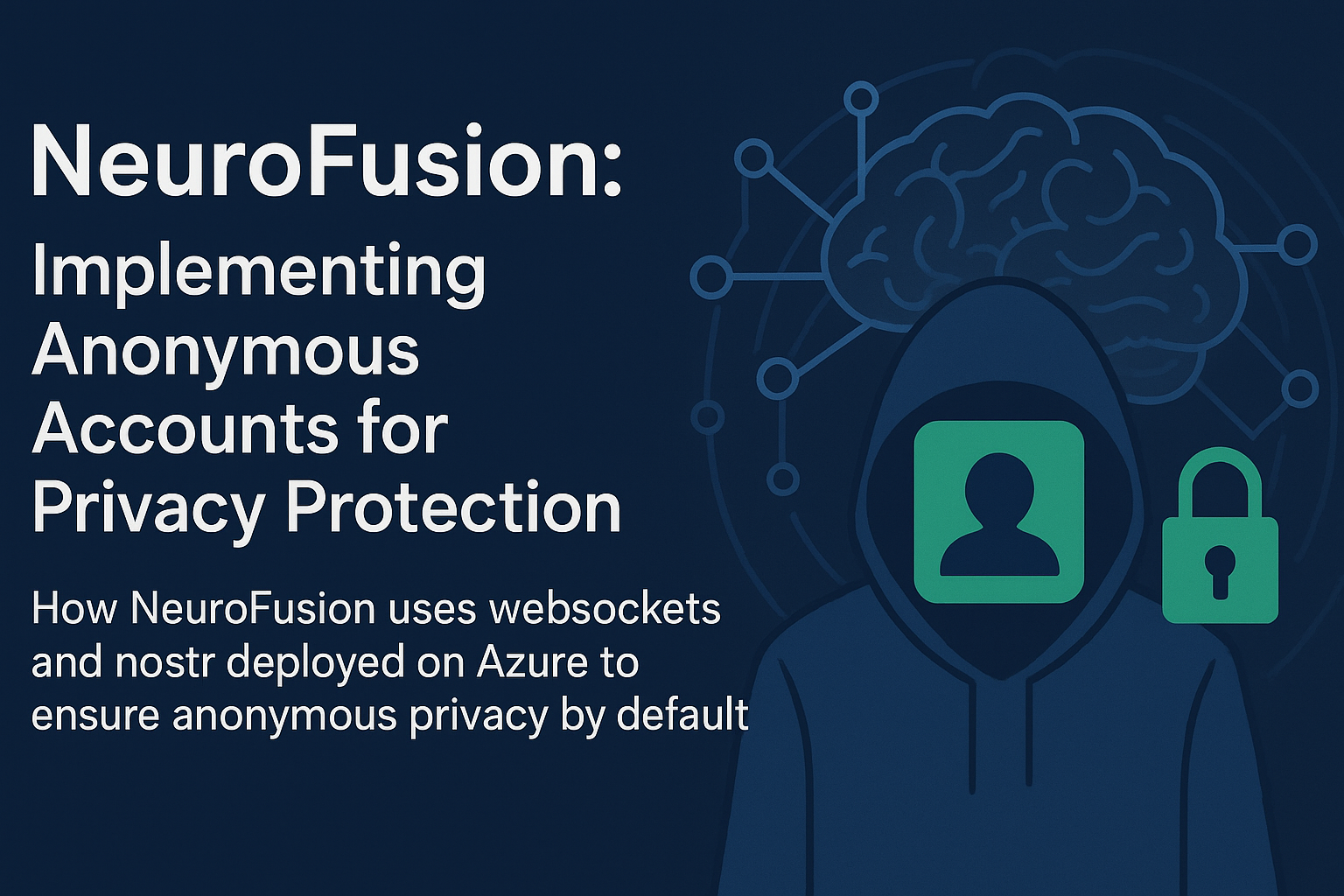Fusion - towards better understanding of self
Dec 13, 2021
In 2021, my friend & I (Ore) did some analysis on my data and birth the initial version of Fusion. Here's a summary of what we learnt and what we envisioned Fusion to evolve to. My friend has moved on to biology research & Fusion has evolved a lot since then but the essence is still the same. Helping you understand yourself better :)
What is fusion?
‘Software is eating the world.’ - Marc Andreesen
Spotify knows what type of music I like. Google Chrome knows what I spend my time on. My iPhone knows my sleeping pattern. Twitter knows what I’m thinking (many of us have alt accounts, lets not pretend).
The point is we have more data on ourselves than ever, surely we can do more with it than just really targeted ads (no shade to ads by the way, it helps make a lot of things accessible, which we appreciate.)
Turns out we aren’t the only ones who think this. There is a whole field dedicated to this called quantified self
So, we decided to put this theory to the test - could we aggregate all of our data and paint an objective picture of ourselves? What could we discover about ourselves that we otherwise couldn’t have guessed? And thus, fusion was born.
How does fusion work?
We aggregate all of your data (with your consent), and provide you with actionable insights on your behaviour to help you better live the life you want to live - both professionally and personally.
As a user we don’t require you to do anything, apart from getting your consent to extract data from your apps.
For now we aren’t monetising this. We are more interested in seeing if we can produce something of value. If it turns out that we were right then we will consider the following models: freemium, saas or tokens. We won't sell your data or do targeted ads, ever.
How is data stored & processed?
Data is stored in a database, encrypted with a key that is stored on the users device. We use this to process & display To see trend/aggragate data over time.
Results!
So...let’s see fusion work.
We tested fusion on Ore (one of our co-founders) and the results were… interesting.
For Ore, the biggest question he had about himself was “what helps me do more neurotech work?”
These were his top 3 results:
- He spent more time doing neurotech work when he listened to music with a slow tempo
- He spent more time doing neurotech work when he had a low sleep heart rate
- He spent more time doing neurotech work when he did more exercise
With further investigation we were able to figure out some of the driving behaviours behind these correlations.
For example, we found out that the best time for Ore to do exercise (if he wants to do more neurotech work) is to do so in the early hours of the morning between 5-7AM.
This is just the tip of the ice-berg. We as humans are complex systems, whose outputs depend on a number of different variables, so it is unsurprising that we only get weak correlations when we compare two variables.
Why is it important?
What would happen if you were 1% more productive? Or if everyone was x% more productive, happier etc? To be honest, neither of us are sure, but we believe it’s a question worth exploring.
What is our vision for fusion?
We see fusion being used with healthcare data, enterprise data and much much more. We hope that fusion can be the tool that helps people better understand themselves, and eventually the world.
Roadmap
For now, our next steps are the following:
- Compare more than two variables at the same time to take into consideration the impact of different environments and hidden relationships between certain behaviours. An example would be finding out that Ore does more neurotech work, when a, b, c occurs at x, y, z time.
- Integrate with more apps
- Begin work on predictions i.e helpful behavioural tips that help you achieve your desired outcome
This, however, is subject to change depending on the input of our community members.
Call to action
We have accomplished quite a bit as a small team of two, but we still need some help - that’s where you come in.
We are looking for community members who are passionate about using data to improve themselves. We are still in the super early stages of our product, so input from these community members will be key. If this is you, Join us on Discord
It’s time to build.
\\ Adaobi & Ore
By Ore Ogundipe
You Might Also Like

Implementing Anonymous Accounts for Privacy Protection
May 31, 2025
How NeuroFusion uses websockets and nostr deployed on azure to ensure anonymous privacy by default.

Navigating Burnout: Stories from Women in the Workplace
Mar 21, 2024
In our Women’s Month series, we delve into the topic of burnout, resonating deeply with women worldwide.